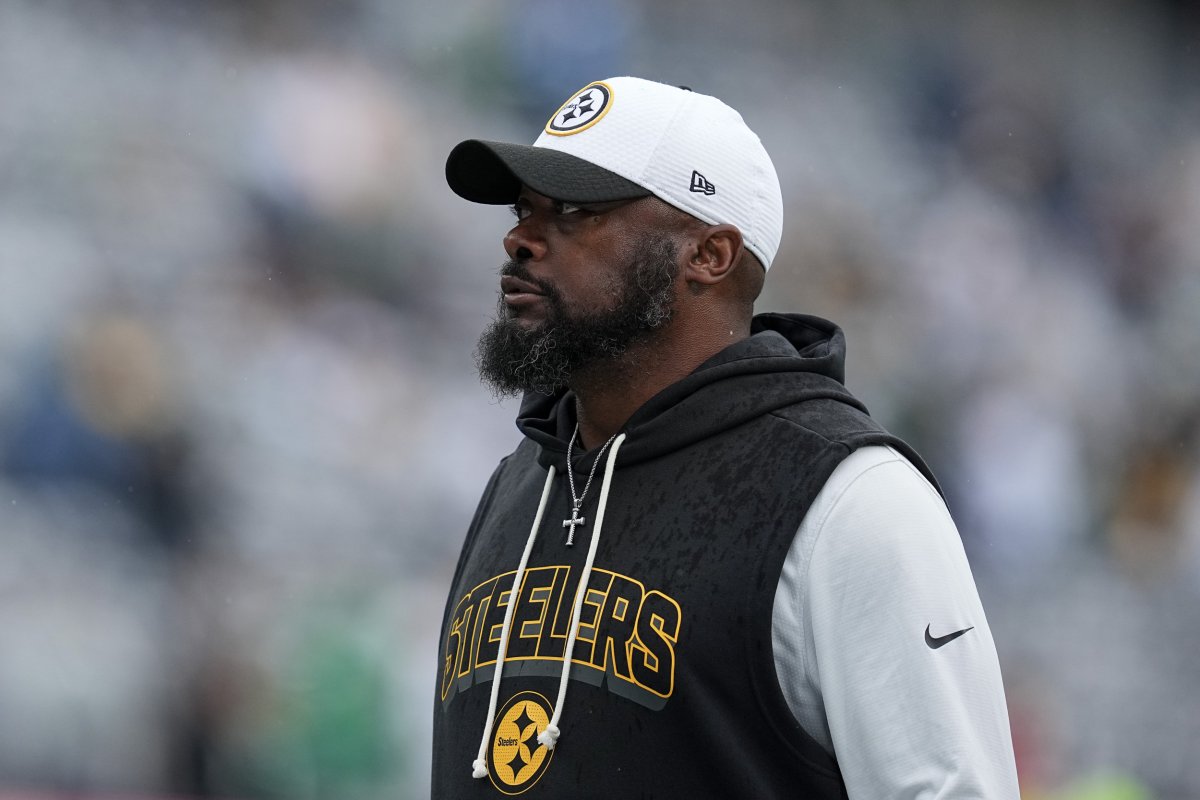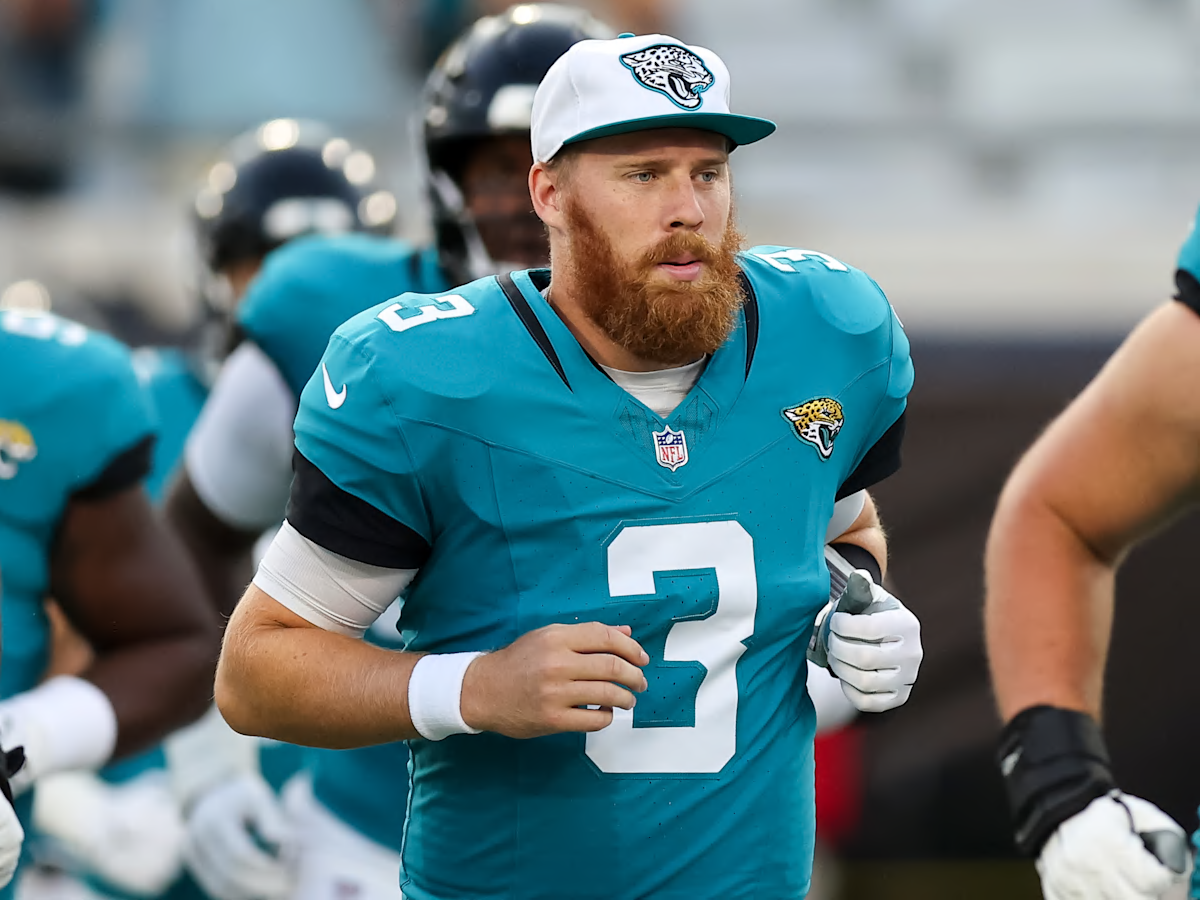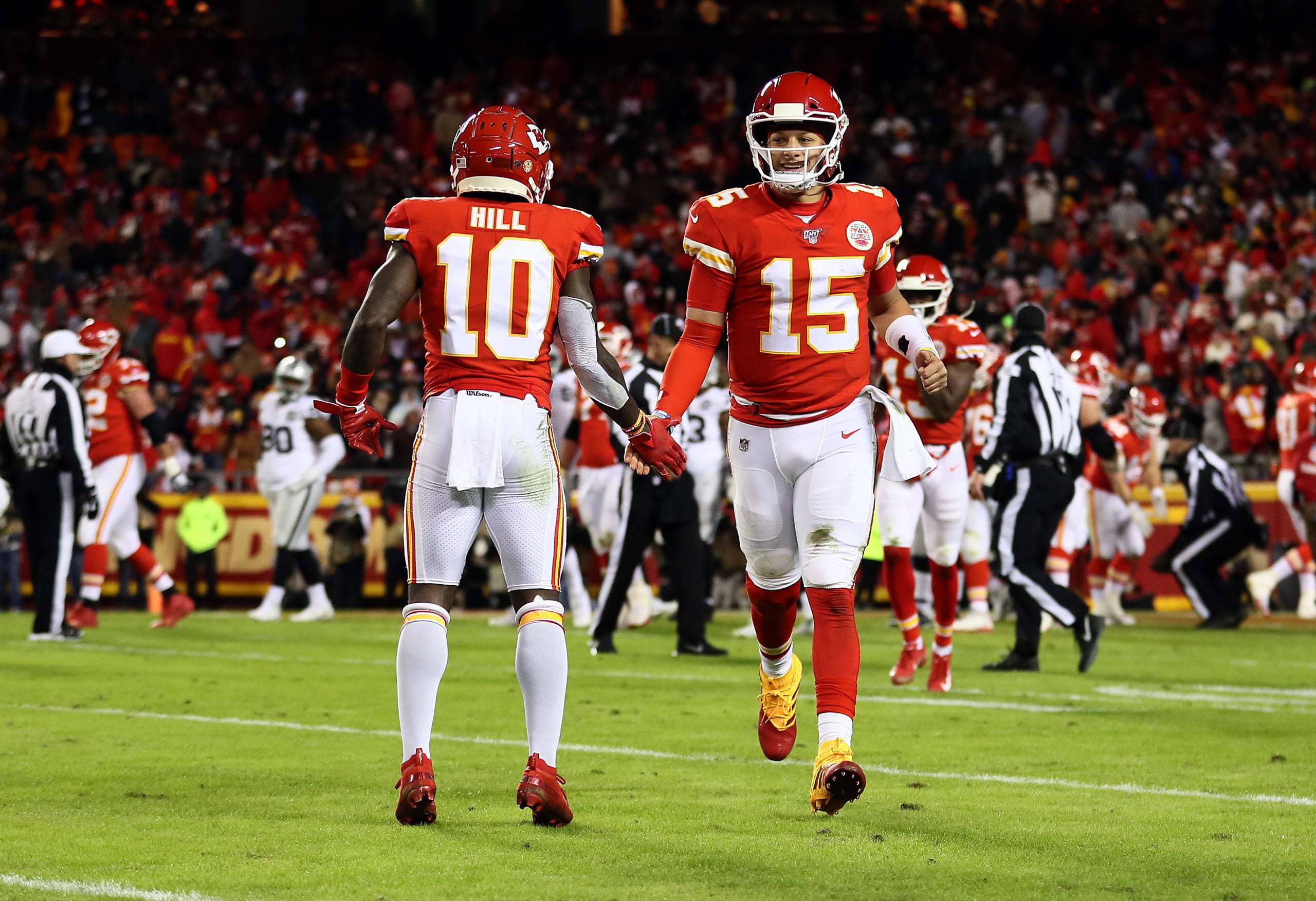BREAKING: During the recent game between the Commanders and Giants, many fans noticed that catcher Terry McLaurin had painted his nails with the colors and logo of the cause, along with “988”
In a sport dominated by physical strength, strategy, and competition, moments of raw humanity often rise above the noise of statistics and highlight reels. During the recent matchup between the Washington Commanders and the New York Giants, fans witnessed one of those unforgettable moments. Wide receiver Terry McLaurin, known for his electrifying plays and leadership, drew attention not only for his performance on the field but also for a deeply personal statement that transcended the boundaries of football. His painted nails, adorned with the colors of a cause and the digits “988” for the Suicide & Crisis Lifeline, sparked curiosity and conversations among fans across the country. What initially seemed like a silent gesture became a powerful message after the Commanders’ victory. McLaurin revealed the heartfelt reason behind his tribute, dedicating the win to his late father and announcing an extraordinary donation of $988,000 to the Lifeline. His words, filled with emotion, carried more weight than the scoreline itself.
This powerful story deserves a closer look, not just for what it represents in the world of sports but also for its broader implications on mental health awareness, the role of athletes in society, and the urgent need to create supportive environments for those struggling in silence.
The sight of McLaurin’s painted nails immediately caught the attention of viewers, broadcasters, and fans in the stands. The numbers and symbols were not random, and for those familiar with the importance of “988,” the message was loud and clear. Since its launch, 988 has been established as the national number for the Suicide & Crisis Lifeline, offering immediate support for individuals in distress. By incorporating it into his appearance during a nationally televised game, McLaurin effectively turned the spotlight on a resource that could save lives. For a player with his platform, the decision to make such a public display was both brave and intentional. In the hyper-masculine culture of professional sports, nail art is already a bold choice, but by using it as a medium to promote awareness for mental health, McLaurin demonstrated how personal expression can intersect with advocacy.
After the Commanders secured a hard-fought victory against the Giants, McLaurin stood before the media, visibly emotional. In a voice that carried both pride and sorrow, he explained, “I dedicate this victory to my dad, he was one of the…” His unfinished sentence spoke volumes, hinting at the painful reality of losing a loved one to struggles tied to mental health. What made the moment even more powerful was what came next. Alongside his heartfelt dedication, McLaurin announced that he would be donating $988,000 to the Suicide & Crisis Lifeline. With the symbolic amount reflecting the hotline number itself, his contribution was not just generous but profoundly meaningful. He added, “Everyone has the right to live in a loving environment…” These words resonated far beyond the football field, reminding people that behind every statistic, every crisis call, and every tragic loss is a human story of love, struggle, and hope.
.jpg)
McLaurin’s act has sparked widespread conversation, drawing praise from fans, mental health advocates, and even those outside the sports community. His decision to use his platform to highlight such a critical issue reflects a growing trend among athletes who refuse to be confined to the role of mere entertainers. Increasingly, players across various leagues are stepping forward to address social justice, equality, and now, the importance of mental health. In McLaurin’s case, his tribute was deeply personal. The loss of his father has undoubtedly shaped his outlook, and instead of allowing grief to remain private, he transformed it into action. This willingness to share vulnerability, especially as a male athlete, challenges stereotypes and encourages others to seek help or support when they need it most.
The timing of McLaurin’s message could not be more critical. Across the United States, suicide remains one of the leading causes of death, affecting individuals of all ages and backgrounds. According to recent data, millions of Americans experience suicidal thoughts each year, and countless families are left shattered by the loss of loved ones. The establishment of 988 as an accessible, easy-to-remember number has been a step forward in making help available, but awareness remains a key barrier. Many still do not know that such a resource exists, or they may feel stigma when reaching out for support. By tying his story and his father’s memory to this cause, McLaurin has helped break down those barriers. His advocacy may inspire fans, especially younger audiences who admire him, to view mental health care as just as important as physical well-being.
Sports have always held the power to bring people together, but moments like this elevate the game beyond touchdowns and championships. For many fans, McLaurin’s tribute was a reminder that their heroes are human too, with struggles and losses of their own. His ability to connect on such an emotional level reinforces the idea that professional athletes can be more than role models on the field; they can be catalysts for change in society. The symbolism of painting his nails, dedicating the win, and contributing nearly one million dollars is not something that will fade after a single news cycle. Instead, it plants seeds of awareness, compassion, and responsibility within the larger community.

The Commanders’ victory over the Giants was undoubtedly significant for the team, but McLaurin’s post-game message ensured that the spotlight shifted to something more enduring. Fans left the stadium and turned off their TVs thinking not only about the final score but also about the importance of supporting loved ones, checking in on friends, and recognizing the signs of crisis. For those who may be struggling in silence, seeing a public figure like McLaurin acknowledge his pain and commit to action might be the spark of hope they desperately need.
As coverage of the event continues to spread, it is clear that McLaurin’s actions have reached beyond sports pages and into broader conversations about mental health. Advocacy organizations have praised his courage, social media has amplified his message, and countless individuals have shared personal stories in response. In this way, the ripple effect of his gesture is already evident. It demonstrates that one act of honesty, paired with tangible support, can influence thousands, if not millions.
Looking forward, the hope is that McLaurin’s example will encourage other athletes and public figures to use their influence for similar causes. While his donation of $988,000 will undoubtedly bolster the resources of the Suicide & Crisis Lifeline, the cultural impact of his message may prove even more valuable. By opening a dialogue, breaking stigma, and reminding fans of the importance of love and support, McLaurin has ensured that his father’s legacy will live on in countless ways.
In the end, sports will continue to provide thrilling moments of competition, but it is the human stories interwoven with the games that often linger in memory. Terry McLaurin’s tribute during the Commanders-Giants game stands as one of those stories. It is a testament to the power of vulnerability, the urgency of mental health awareness, and the profound difference one individual can make. As fans, advocates, and loved ones reflect on his words—“Everyone has the right to live in a loving environment”—we are reminded that victories on the field pale in comparison to the victories we achieve when we save lives, extend compassion, and build communities rooted in care.
Lions’ Aidan Hutchinson Gets Stern Warning After Packers Loss

Detroit Lions defensive end Aidan Hutchinson is getting warned after his season opener against the Green Bay Packers.

The Detroit Lions had a very difficult start to their 2025-26 season, and hopefully it’s not a sign of things to come. While those in the Motor City were hoping that the Lions would pick up where they left off last season, that didn’t quite happen, and instead, the team fell in a big loss to the Green Bay Packers, with a final tally of 27-13.
It wasn’t a good look, but hopefully the team got the wake-up call that it needed and will forge ahead with some wins. While there was a lot of finger-pointing after the game by spectators, the players gave it their all, but something was just off. It was easy to feel the absence of offensive coordinator Ben Johnson and defensive coordinator Aaron Glenn during that game.
Following the game, one of the Lions’ biggest stars, defensive end Aidan Hutchinson, is getting some harsh words thrown at him about his debut. Hutchinson, of course, is coming back from a season-ending injury last season, so people were excited to see him back on the field. But, even he had a difficult start to the season, which is uncharacteristic for him.
Detroit Lions Star Aidan Hutchinson Gets Put on Notice
Hutchinson is raising some eyebrows following the Packers loss. He’s an elite player and one of the best in his position in the NFL, so hopefully he doesn’t get too discouraged by the talk, but it’s worth pointing out.
In a piece published on Monday, September 8, Chris Schad of Detroit Jock City calls Hutchinson out on his season debut. He basically said that Hutchinson did himself “zero favors” in that game and also didn’t help his case to land a blockbuster contract with Holmes and the Lions.
“Hutchinson didn’t show up often in the game against the Packers, finishing without a tackle or a sack in Sunday’s loss,” Schad noted. “His presence didn’t free up things for his teammates, either, as Jordan Love was sacked just once.”
Schad added, “Hutchinson also was embroiled in a controversy when he knocked over Love on a personal foul call, which resulted in Packers lineman Zach Tom getting injured as he tried to avoid his quarterback on the ground.”
Packers’ Micah Parsons Did a Number on the Detroit Lions
What made it worse was the dichotomy of the Packers having defensive end Micah Parsons on the team, which they obtained through a trade with the Dallas Cowboys.
“While Hutchinson wasn’t showing Brad Holmes to throw the bag at him as soon as possible, his cause was made worse by the debut of Micah Parsons,” Schad adds. “The star edge rusher played just 30 snaps in the win over the Lions but he was noticed immediately, swimming past All-Pro tackle Penei Sewell in his first snap as a Packer.” Later, Parsons also “picked up a sack in addition to the pressure he created all afternoon,” making that contract with the Packers worth it right away.
It was not a good look for Hutchinson. But, hopefully this was just an anomaly and that a better game is on the way.
Meanwhile, former Detroit Lions quarterback Matthew Stafford had a great game to start his season. ESPN’s Adam Schefter reports that “Matthew Stafford set an NFL record Sunday for most career opening-day starts for a quarterback with 17.” He adds that, “Until this year, Stafford had started his team’s season opener in all 16 seasons, which tied him with John Elway for the longest streak to being a quarterback’s career. Now it’s his record.”





